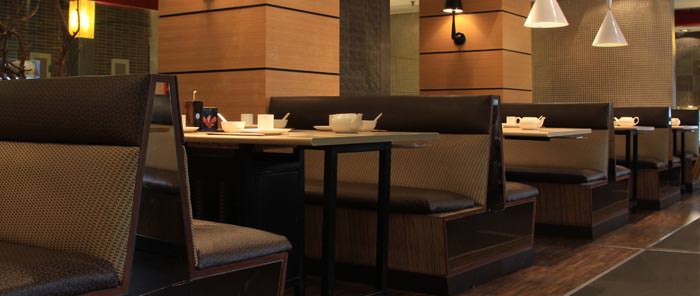Seriously. Clean Your Restaurant Today. Here’s Why.
Is your restaurant dirty? If it is, that needs to change, and I don’t mean you should deal with it tomorrow. You’ll want to deal with your restaurant’s cleanliness levels today. Here’s the detailed case for why you should keep up with your restaurant cleanliness.
Why being “too busy” isn’t a good enough excuse
I understand, with all the things you’re responsible for on a daily basis, finding the time to clean (or to delegate cleaning) is not a simple task. With a crunch that includes an overall lack of time, funding, and available attention, the only thing you don’t lack is customers crowding up the front of the house. You certainly can’t clean when they’re around, so when are you supposed to get those tables shiny?
Really, as I said, I get it. But honestly, it’s a lame excuse. In truth, you have guests at your establishment every single night. You clean when you have guests in your home, so why would it be any different when you have guests paying guests at your work? Keep your restaurant clean so that you treat your restaurant guests with the respect they deserve.
The rumors and the truth about customer preference
Though a recent study conducted by Standard’s Graduate School of Business made waves with its claims that restaurant-goers prefer authenticity to cleanliness, the reality of the matter is that, as a restaurateur, you don’t have the leeway that the study’s news headlines suggest. The details are that customers prefer to have some food prepared traditionally instead of hygienically. There’s a difference.
The difference between the two is subtle, yet important. Good hygiene in a commercial kitchen would dictate that everything is kept sterile at all times, that nothing is placed on the floor of a walk-in fridge, that freezer temperatures are exact—basically all the things that the health inspector is looking for. While the health inspector can mark your restaurant down as noncompliant for small issues, customers are likely to be more forgiving in those areas. Especially when they think that required levels of hygiene go overboard. One example of “overboard” was used in the study when restaurant-goers were asked if sushi chefs should have to wear gloves. Since sushi chefs have traditionally, um, never worn gloves, customers were unimpressed with that hygiene mandate.
Ask anyone though, and they’ll agree that the sushi chef certainly shouldn’t prepare sushi with a dirty knife… and they’ll also agree that sushi shouldn’t be served on a crusty plate.
What happens when your restaurant is dirty
The short explanation? Your customers begin to doubt your establishment. Because customers are unlikely to return to a restaurant that they don’t consider to be “excellent,” a grungy restaurant will slow your revenues and may even destroy your business.
One big tip: Don’t forget about the bathroom.
Anthony Bourdain changed America’s perception of dirty bathrooms in his 2000 bestseller, Kitchen Confidential: Adventures in the Culinary Underbelly. An excerpt:
“I won’t eat in a restaurant with filthy bathrooms. This isn’t a hard call. They let you see the bathrooms. If the restaurant can’t be bothered to replace the puck in the urinal or keep the toilets and floors clean, then just imagine what their refrigeration and work spaces look like.”
Next time you walk into the customer bathroom, take a look. Are you giving your customers a reason to use their imaginations? Yeah. That’s bad. Clean that bathroom tonight.
In Conclusion
It’s a simple equation: When your customers think your restaurant is dirty, they start questioning your food quality. Once they start questioning your food, they’ll never come back. In the highly competitive restaurant world, don’t give your customers a reason to avoid coming back. Keep your restaurant clean, and you’ll keep your guests worry-free.
- Why Your Wine Menu Is Scaring Your Guests - February 27, 2015
- How to Host a Better Restaurant Week and Get More Customers - February 23, 2015
- Choosing Your Restaurant Wine Glass – 3 Approaches - February 16, 2015



